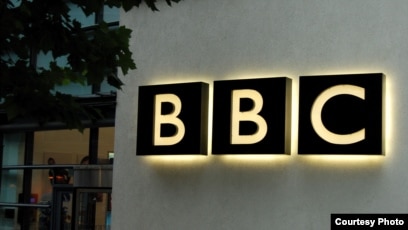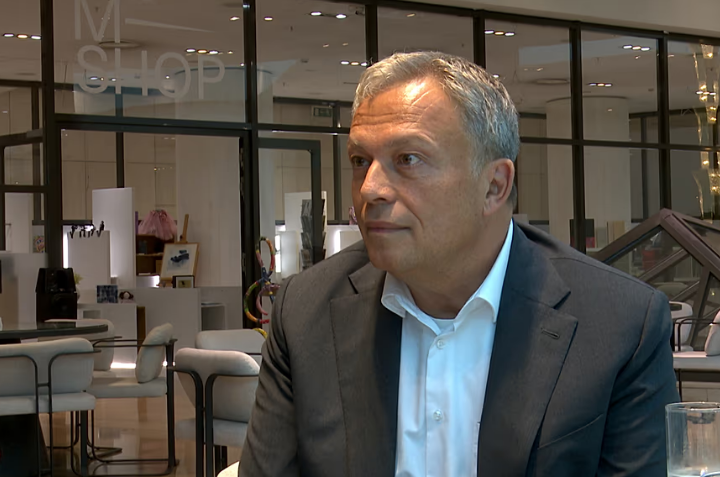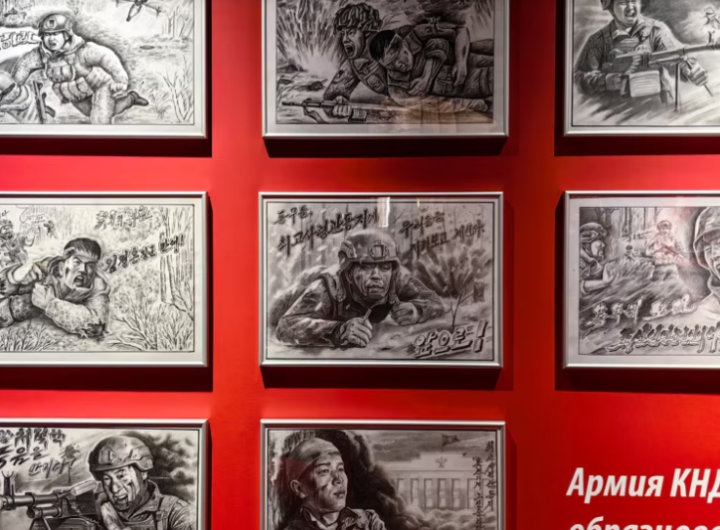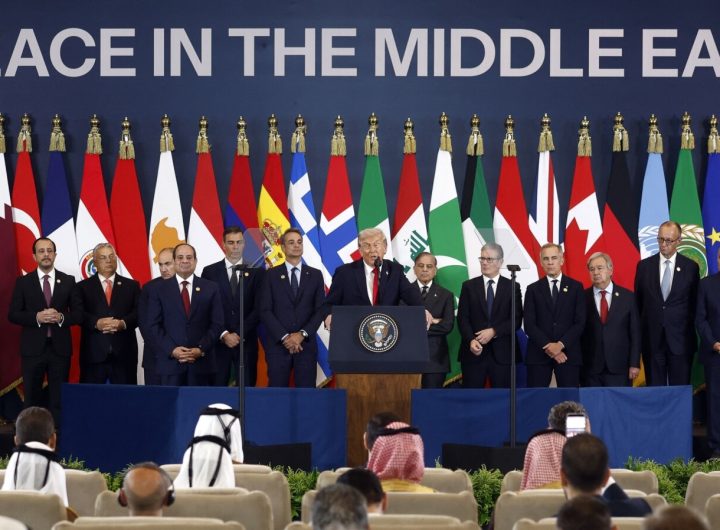
The British BBC has distanced itself from a statement by Suzana Vasiljević, an advisor to Serbian President Aleksandar Vučić, who said that while working for the BBC she once participated in fabricating news stories.
“We do not recognize these claims as true in relation to our reporting,” a BBC spokeswoman told Radio Free Europe (RFE).
“The BBC is the world’s most trusted news provider and is committed to accurate, independent, and impartial reporting for audiences around the world,” she added.
Vasiljević spoke about the state of the media on a television program on the private TV station Kurir and recalled the time when, as she said, she collaborated with the BBC.
“I used to work in the media… At the BBC, we made up stories, so… We made up a war in Montenegro, the possibility that Milošević would attack in 2000 before the elections, and his last attack on Montenegro, or rather Milo Đukanović, because Milo turned his back on him, so that we would be in Sveti Stefan for three months,” Vasiljević said during her appearance.
The BBC also reported that Suzana Vasiljević was not employed by the company and had previously worked with the organization as a freelancer, most recently in 2012.
After NATO’s bombing of the former Federal Republic of Yugoslavia, relations between the then members Serbia and Montenegro were “tense.”
In 1999, the so-called Seventh Battalion was established on the territory of Montenegro from military forces loyal to Belgrade.
The then government of Milo Đukanović was in conflict with the authorities in Belgrade because of its opposition to entering into conflict with NATO, whose intervention had stopped the actions of the Serbian armed forces against the Albanian population in Kosovo.
The Seventh Battalion was particularly active in the border area between Montenegro and Kosovo and Albania./Rse/

 Hybrid warfare has begun, senior NATO official tells Euronews
Hybrid warfare has begun, senior NATO official tells Euronews  Grotesque Caricature: North Korea Propaganda Exhibition Depicts Deaths Of Ukrainians
Grotesque Caricature: North Korea Propaganda Exhibition Depicts Deaths Of Ukrainians  Experts refute conspiracy theory about canopy collapse spread by Serbian government through media
Experts refute conspiracy theory about canopy collapse spread by Serbian government through media  Dutch government takes control of China-owned chip firm
Dutch government takes control of China-owned chip firm  Russia Sidelined In New Middle East After Trump’s Israel-Gaza Deal
Russia Sidelined In New Middle East After Trump’s Israel-Gaza Deal  Who’s Recruiting Cubans To Fight In Ukraine? A Travel Agent In Provincial Russia For One
Who’s Recruiting Cubans To Fight In Ukraine? A Travel Agent In Provincial Russia For One